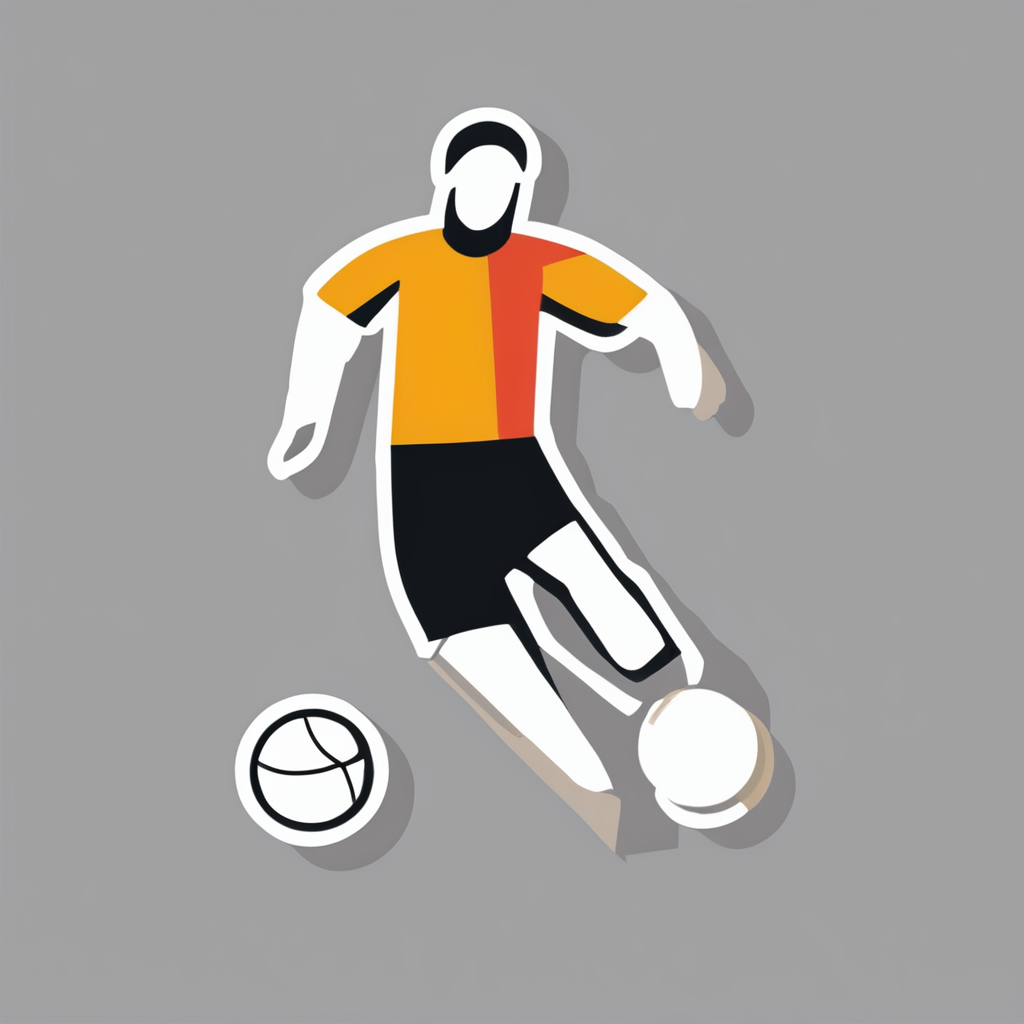Navigating Psychological Pressures Unique to UK Athletes
UK athlete mental health challenges often extend beyond the physical demands of sport. One significant psychological obstacle is performance anxiety, which can affect athletes not only during competition but also in daily training and public appearances. This anxiety can manifest as intense self-doubt, fear of failure, or overwhelming pressure to maintain peak performance consistently.
Social media scrutiny amplifies these pressures. UK athletes frequently face relentless public expectations, with every action or result dissected online. This environment fuels unseen psychological obstacles, leading to heightened stress and, in some cases, social isolation. Unlike physical injuries, these mental strains are less visible but equally debilitating.
Additional reading : What Are the Long-Term Effects of Sports Injuries on UK Athletes?
Compounding these issues is the stigma surrounding mental health support in elite sports. Many UK athletes fear that seeking help will be perceived as weakness, potentially impacting their careers. This reluctance often results in untreated mental health challenges, which can worsen over time.
Addressing these mental health challenges calls for a cultural shift in British sports. Encouraging open conversations and providing accessible support systems can help athletes manage performance anxiety and the unique pressures they face. By confronting these hurdles head-on, UK athletes can maintain both their mental wellbeing and competitive edge.
Also to discover : How Does Recent Performance Influence UK Athletes’ Sponsorship Deals?
Social and Cultural Barriers During Athletic Development
Sports development in the UK is often shaped by social challenges that athletes face early on. Navigating socioeconomic factors can be tough, as many promising talents come from backgrounds where financial resources limit access to elite coaching or equipment. This economic disparity is a significant barrier that only some manage to overcome.
Cultural expectations also play a major role. Some communities prioritize education or family responsibilities, making it challenging for young athletes to strike a balance between training and other obligations. For example, athletes may need to prioritize schooling or contribute to household duties, which can reduce valuable training time.
Furthermore, diversity barriers in sports are evident through the underrepresentation of minority and female athletes. The scarcity of relatable role models in professional circles often discourages participation at grassroots levels. When inspirational figures are visible, they provide a roadmap for success, proving that cultural background and gender need not limit ambition.
Addressing these challenges involves fostering inclusive environments that recognize cultural and social nuances. Programs tailored to support athletes juggling education, family, and sport commitments create a foundation for broader access and equality within UK sports. Understanding these social and cultural factors is essential for equitable athletic development.
Financial Constraints and Funding Difficulties in UK Athletics
Financial struggles in sports, especially for UK athletes outside high-profile disciplines, remain a significant hurdle. Many athletes face limited funding opportunities, as sponsorships and grants often prioritize popular sports like football or tennis. This situation leaves numerous talented athletes competing with scarce financial support.
UK athlete funding issues also mean that many must balance training with part-time or full-time jobs. The personal sacrifices involved—ranging from reducing social activities to working multiple roles—can impact performance and mental health. Unlike globally famous sports stars, these athletes rarely receive the financial cushioning that allows full dedication to their sport.
Moreover, regional disparities in resource and facility access compound funding difficulties. Athletes in less affluent areas may find fewer quality training venues and less institutional support. This imbalance restricts the development of potentially world-class athletes who simply lack locational advantages.
For these reasons, sports funding UK policies could benefit from greater inclusiveness and support diversification. Addressing financial constraints in UK athletics is vital to nurturing broader talent pools and ensuring that promising athletes receive the resources they need to succeed.
Systemic and Institutional Hurdles Impacting Progress
Navigating the UK sports system barriers presents a significant challenge for many aspiring athletes. The structure of talent development pathways can be complicated, with multiple layers that often lack clear coordination. This disjointed approach means promising athletes may not seamlessly progress through the ranks, resulting in missed opportunities to reach elite levels.
One of the key institutional challenges lies in the bureaucratic hurdles involved in accessing top-tier training programs. Eligibility criteria, funding applications, and regional qualification procedures often slow down or even block athlete advancement. These layers of administration can discourage talent, especially those without strong support networks to guide them through the system.
Another systemic issue is the variability in coaching quality and support across regions. Athletes from different areas of the UK do not always receive equal mentoring or conditioning resources, affecting their performance outcomes and longevity in their sport. The inconsistency impacts athlete morale and progression, particularly when talent development pathways differ markedly between local clubs and national setups.
Addressing these UK sports system barriers requires streamlining talent identification and enhancing institutional cooperation. Improving access to quality coaching uniformly could help reduce disparities and enable more talent to flourish across the country.
Personal Stories and Expert Perspectives on Overcoming Invisible Barriers
Many UK athlete experiences reveal that unseen challenges can significantly impact performance. These invisible barriers often stem from mental fatigue, subtle injuries, or personal pressures that go unnoticed by outsiders. For instance, an athlete might struggle with motivation despite physical readiness, highlighting how these hidden factors undermine success.
Experts, including sports psychologists and coaches, emphasize that recognizing these obstacles is the first step toward overcoming them. They identify issues such as anxiety, burnout, and the stress of balancing sport with life commitments as common but frequently overlooked hurdles.
To tackle these challenges, athletes benefit from tailored strategies and robust support networks. Techniques like mindfulness, cognitive-behavioral therapy, and personalized training adjustments help athletes manage stress and maintain focus. Furthermore, connecting with peers and mentors provides practical encouragement and emotional resilience.
Understanding these insights can empower athletes to address their unseen challenges effectively, fostering a path to sustained performance improvements and personal growth.
